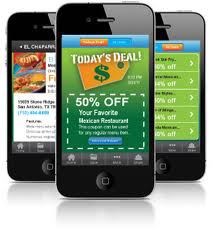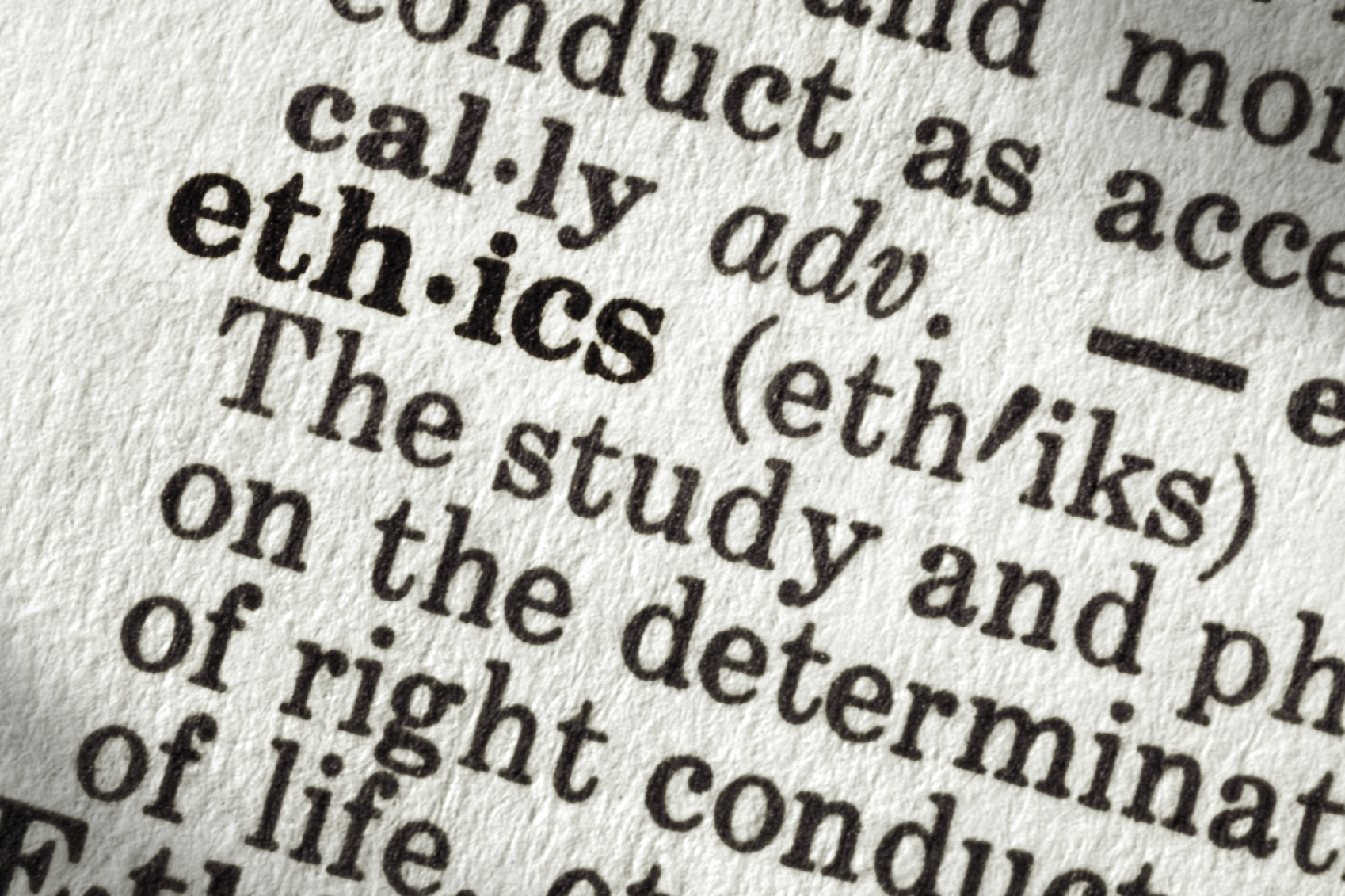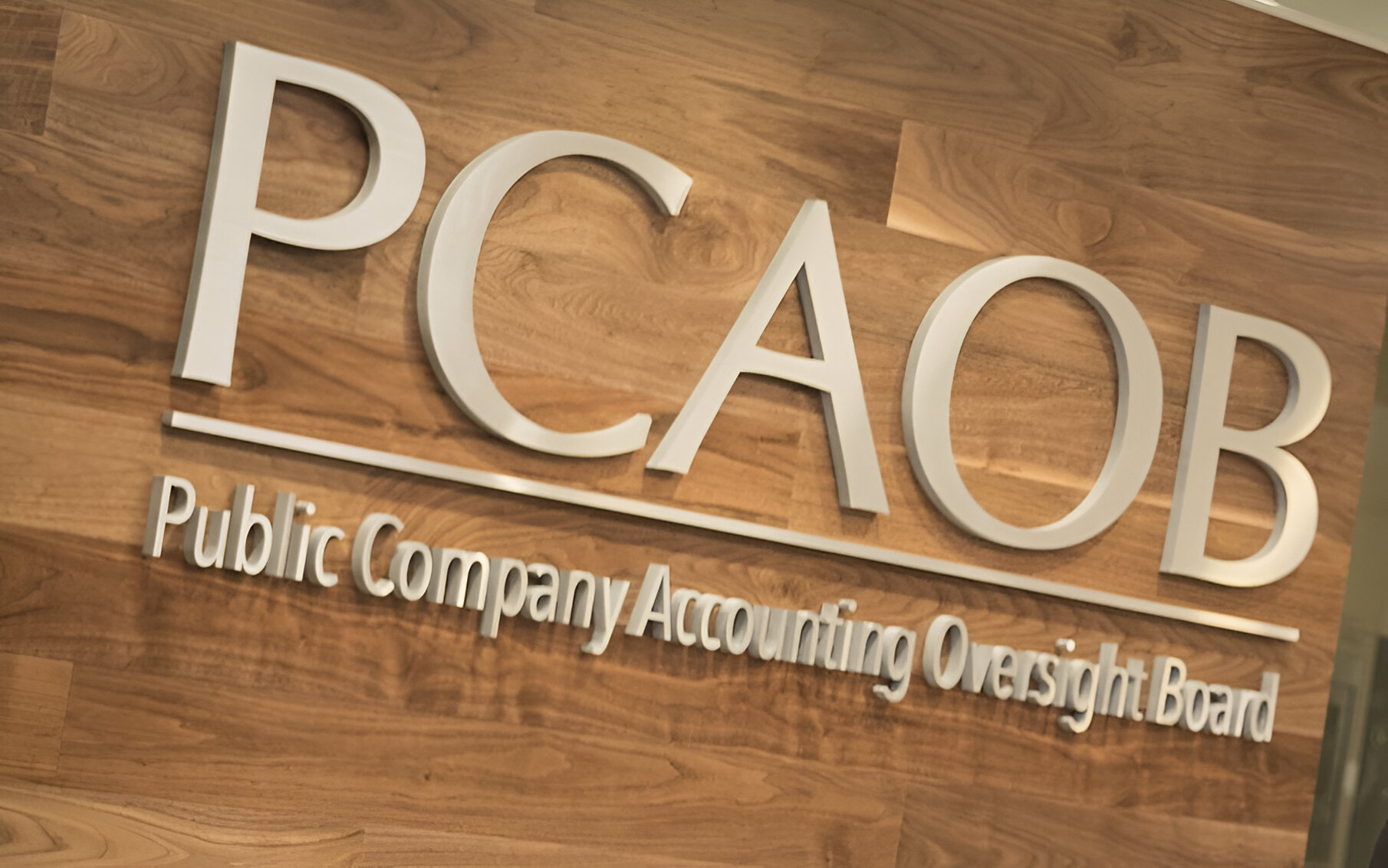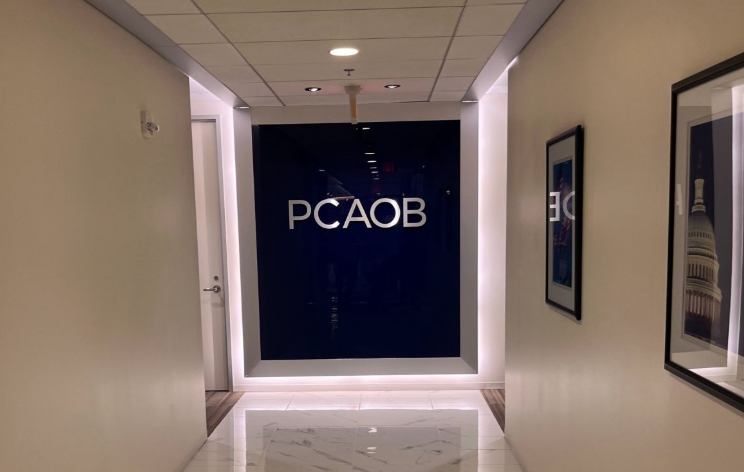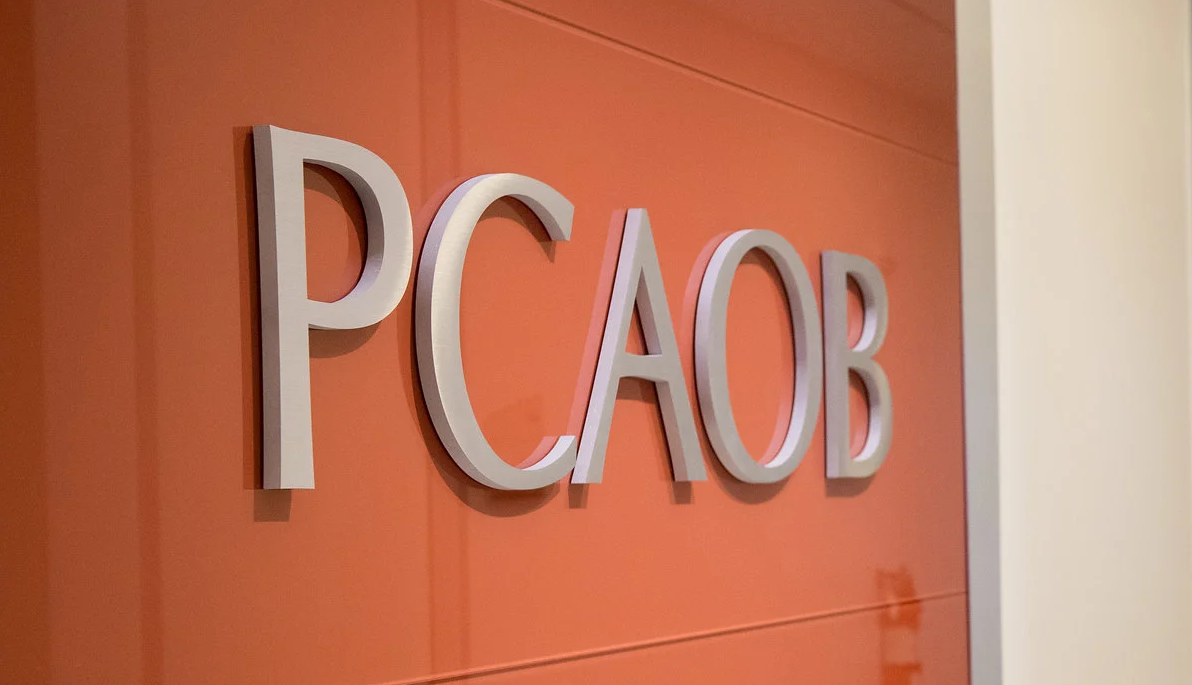Cherries were not on Diane Richards' grocery list on Monday, and yet they made it into her cart.
“They were $1.69 (per pound) today,” said the Pittsburgh resident, as she carried several plastic bags of groceries with her from a Giant Eagle store on the North Side. “Usually they're $2.69.”
A sale sign posted near the fruit convinced her the deal on cherries was too good to pass up. But she may not have bought them had she not walked through the produce section and seen the sign. That is the challenge facing supermarkets — how to lure shoppers deeper down the aisles and make them buy items that they never intended.
The farther customers walk, the more they spend, according to Jeff Inman, a professor of marketing at the University of Pittsburgh's Katz Graduate School of Business. And the increasing prevalence of smartphones — more than half of American adults own one, according to Pew Research — offers grocers a new tool to tempt customers to make unplanned purchases.
“Most people have a smartphone now, and they're interested in using them in ways to make better choices,” Inman said. “It offers the potential for retailers such as Giant Eagle or Target to have their own app that allows shoppers to better navigate that retailer.”
A recent study Inman co-authored found that for every additional 140 feet a shopper traveled through a store, unplanned spending increased by $2.54.
Traditionally, retailers have arranged stores to coax shoppers deeper inside by strategically scattering staple items such as milk, eggs or bread. But smartphones offer another way to boost consumer spending, Inman said. Supermarkets could design apps that would send out mobile promotions while the customer is shopping.
For example, suppose a customer does a shopping list using the app. Bread is on the list, but the potato chips three aisles over are not. The store could send a digital coupon to his phone for potato chips, tempting him to walk 50 more feet and past other items he might purchase.
Promoting three additional products through a customer's mobile device could increase unplanned spending by more than 16 percent, Inman's study found, and complement the other strategies retailers employ to boost purchases.
Retailers have access to a wealth of customer data — including contact information and shopping habits — through loyalty rewards programs that could be used to develop mobile promotions, Inman said.
Supermarkets use apps to offer digital coupons and shop on the go. Giant Eagle, for example, just started a new pharmacy app in which customers can refill prescriptions, set medication reminders and receive alerts when prescriptions are available for pickup.
However, these apps aren't yet being used to steer shoppers through the store with real-time, targeted promotions as they wander the aisles.
“I think there's still more potential than actual,” Inman said. “There are things that could be done in the near future.”
There are technical challenges to using real-time “predictive” promotions, said C.J. Patrick, of Gatesman + Dave, a South Side marketing agency that works with Shop 'n Save supermarket. Cellphone service can be spotty in supermarkets, especially deeper you wander into the store. Also, customers tend not to look at their phones as they shop.
Still, there is potential for this technology, and it's not all about getting them to overspend.
“It just better serves the loyal shopper,” Patrick said. “You're delivering offers that really mean something to (customers).”
Inman believes that promotions can enhance customer-retailer relationships but that consumers need to be aware of the risk, too.
“I think that shoppers need to be cognizant to the extent they use retail apps for managing their budget … not make too many impulse purchases,” he said. “Be aware of the danger.”
Jerry Greek, 34, of Troy Hill said he rarely makes impulse purchases. He will buy the occasional cookie or donut, but said those decisions aren't based on in-store promotions or coupons texted to his cell phone.
“Maybe it's my blood sugar,” Greek said while waiting outside a Giant Eagle.
Also, not everyone wants a supermarket to contact her.
Richards was among them, saying that she was “a visual person” who preferred looking for deals in direct mailers.
“I don't want them calling me,” she said.
—————————
Copyright 2014 – The Pittsburgh Tribune-Review
Thanks for reading CPA Practice Advisor!
Subscribe Already registered? Log In
Need more information? Read the FAQs
Tags: Accounting, Marketing, Small Business, Technology
